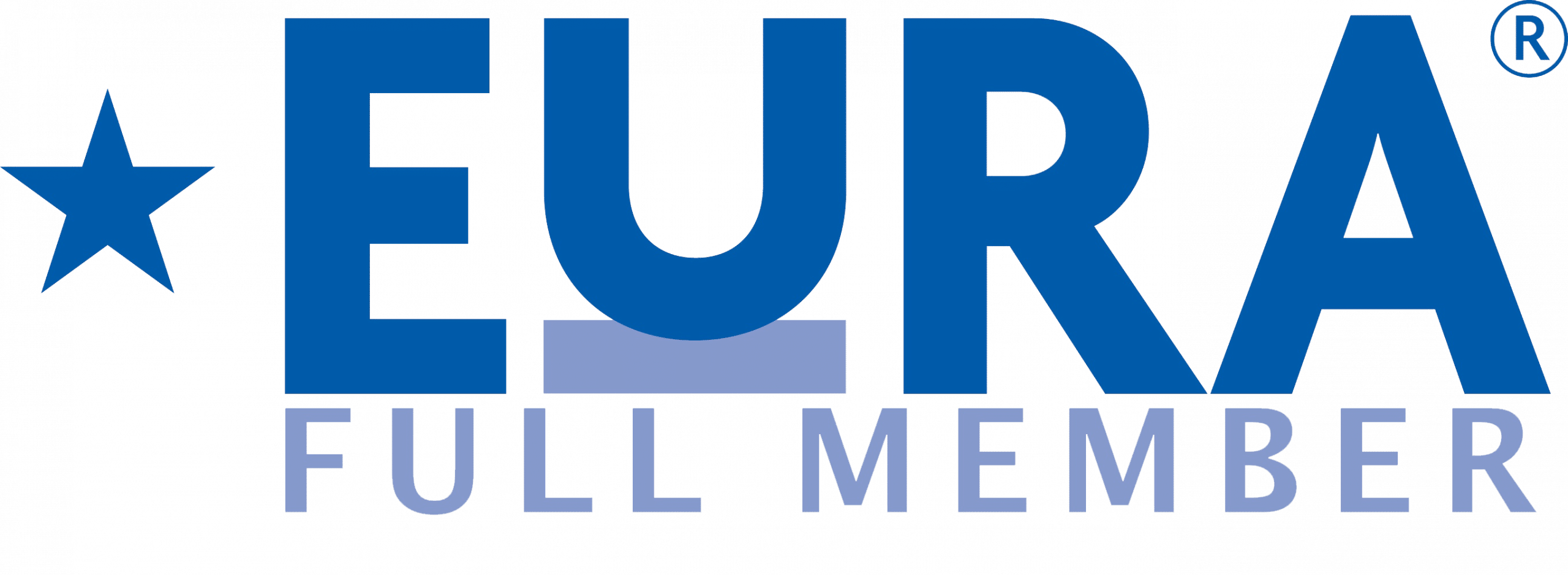
Impact of the Revised U.S. Immigration Order
On January 27, 2017, President Trump signed Executive Order 13769: Protecting the Nation from Foreign Terrorist Entry into the United States. The Executive Order suspended the entry of foreign nationals from countries of concern – namely, Iran, Iraq, Libya, Somalia, Sudan, Syria, and Yemen – to the United States for a period of 90 days. Due to the legal challenges to the order, the administration signed a revised order on March 6, 2017. The new order went into effect on March 16, 2017, and will last 120 days. The situation may impact many of our clients and their employees.
Who Is Affected?
The new order dropped Iraqi nationals from the restricted list. The revised order suspends entry of nationals from Iran, Libya, Somalia, Sudan, Syria, and Yemen for a period of 90 days beginning March 16, 2017. The ban also suspends U.S. admissions of all refugees from any country for a period of 120 days. Be aware that the ban can be extended and is subject to additional countries being added.
A variety of individuals seeking entry into the United States will be affected including:
- Foreign nationals from the six named countries.
- Visitors, students, and workers without current visas.
- People arriving to the U.S. on immigrant visas.
- Refugees.
Who Is Exempt?
The executive order only applies to non-U.S. citizens. U.S. citizens are not affected by this executive order; however, you may be subjected to further questioning if traveling between any of the six impacted countries. Other exemptions include:
- Dual nationals traveling on a valid passport from a non-restricted country. Dual nationals must hold a valid U.S. visa or be visa-exempt.
- Foreign nationals holding a valid advance parole document.
- Foreign nationals holding a valid A, C-2, G, or NATO visa (Diplomats, Government Officials, Visitors to the UN, NATO Officials).
- Foreign nationals granted asylum.
- Holders of a valid U.S. visa, even if they have not yet used it. Visas that were provisionally revoked under the January 27 executive order should be valid for travel. Foreign nationals with a visa that was physically cancelled under the January 27 executive order may be entitled to a new travel document for entry to the United States.
- Refugees already admitted to the United States and those with travel formally scheduled by the State Department.
- U.S. lawful permanent residents / Green card holders. For U.S. citizens (natural-born or naturalized), the Executive Order has no effect, including those with dual nationality in the United States and a country of concern
Travel Guidelines
Permitted Travel
- You are a U.S. lawful permanent resident.
- You have a valid, multiple-entry U.S. visa and you are otherwise admissible.
- You are in transit to the United States when the ban takes effect, you hold a valid U.S. visa, and are otherwise admissible.
- You are an applicant for adjustment of status and hold a valid advance parole document.
Restricted Travel
- You are in the United States and your visa was valid for a single entry only. If you must travel, you may be unable to obtain a new visa for reentry until the ban lapses, unless you are approved for a waiver. Travel may be further delayed if the ban is extended.
- You are in the United States with an expired visa or a visa that will expire during the ban. If you must travel, you may be unable to obtain a new visa for reentry until the ban lapses, unless you are approved for a waiver. Entry may be further delayed if the ban is extended.
- You are outside the United States and need to apply for a visa or have a pending visa application, unless you are granted a waiver.
What Should Affected Employees Do?
The order permits the Departments of Homeland Security (DHS) and State to grant discretionary waivers (1) if the applicant can show that a denial of entry would cause undue hardship or (2) that their entry is of U.S. interest and they would not pose a threat to national security.
Hardship cases are defined as:
- Individuals caught temporarily outside of the U.S. when the ban goes into effect.
- People with “previously established significant contacts with the United States.”
- Those with significant business or professional obligations inside the U.S.
- Vulnerable groups.
- Current or former U.S. government employees.
- International Organizations Immunities Act travelers.
- Landed Canadians.
- Government-sponsored exchange visitors.
Additionally, President Trump has directed DHS, the State Department, and the Justice Department to implement more stringent vetting of immigrant applications and petitions. Employers should also be aware that travel delays are likely for foreign employees who are applying for U.S. visas.
Key parts of the original January 27 Executive Order faced legal challenges and are currently going through the court system. The revised order was designed to address those challenges; however, several states have challenged the revised travel ban as well. As of this writing, a federal judge in Hawaii has suspended the order from going into effect.
We advise further discussion with your employees if they are foreign nationals currently in the United States and / or overseas employees who may have been planning travel to the United States. Visa applicants should check the relevant U.S. consulate’s website for more information, which can change frequently. For more information on this topic, please go to https://www.whitehouse.gov/the-press-office/2017/03/06/executive-order-protecting-nation-foreign-terrorist-entry-united-states.
Altair Global will continue to follow all developments on this order and communicate any changes to our clients. If you have immediate questions, please contact your Altair Global representative.
Share This Story, Choose Your Platform!
On January 27, 2017, President Trump signed Executive Order 13769: Protecting the Nation from Foreign Terrorist Entry into the United States. The Executive Order suspended the entry of foreign nationals from countries of concern – namely, Iran, Iraq, Libya, Somalia, Sudan, Syria, and Yemen – to the United States for a period of 90 days. Due to the legal challenges to the order, the administration signed a revised order on March 6, 2017. The new order went into effect on March 16, 2017, and will last 120 days. The situation may impact many of our clients and their employees.
Who Is Affected?
The new order dropped Iraqi nationals from the restricted list. The revised order suspends entry of nationals from Iran, Libya, Somalia, Sudan, Syria, and Yemen for a period of 90 days beginning March 16, 2017. The ban also suspends U.S. admissions of all refugees from any country for a period of 120 days. Be aware that the ban can be extended and is subject to additional countries being added.
A variety of individuals seeking entry into the United States will be affected including:
- Foreign nationals from the six named countries.
- Visitors, students, and workers without current visas.
- People arriving to the U.S. on immigrant visas.
- Refugees.
Who Is Exempt?
The executive order only applies to non-U.S. citizens. U.S. citizens are not affected by this executive order; however, you may be subjected to further questioning if traveling between any of the six impacted countries. Other exemptions include:
- Dual nationals traveling on a valid passport from a non-restricted country. Dual nationals must hold a valid U.S. visa or be visa-exempt.
- Foreign nationals holding a valid advance parole document.
- Foreign nationals holding a valid A, C-2, G, or NATO visa (Diplomats, Government Officials, Visitors to the UN, NATO Officials).
- Foreign nationals granted asylum.
- Holders of a valid U.S. visa, even if they have not yet used it. Visas that were provisionally revoked under the January 27 executive order should be valid for travel. Foreign nationals with a visa that was physically cancelled under the January 27 executive order may be entitled to a new travel document for entry to the United States.
- Refugees already admitted to the United States and those with travel formally scheduled by the State Department.
- U.S. lawful permanent residents / Green card holders. For U.S. citizens (natural-born or naturalized), the Executive Order has no effect, including those with dual nationality in the United States and a country of concern
Travel Guidelines
Permitted Travel
- You are a U.S. lawful permanent resident.
- You have a valid, multiple-entry U.S. visa and you are otherwise admissible.
- You are in transit to the United States when the ban takes effect, you hold a valid U.S. visa, and are otherwise admissible.
- You are an applicant for adjustment of status and hold a valid advance parole document.
Restricted Travel
- You are in the United States and your visa was valid for a single entry only. If you must travel, you may be unable to obtain a new visa for reentry until the ban lapses, unless you are approved for a waiver. Travel may be further delayed if the ban is extended.
- You are in the United States with an expired visa or a visa that will expire during the ban. If you must travel, you may be unable to obtain a new visa for reentry until the ban lapses, unless you are approved for a waiver. Entry may be further delayed if the ban is extended.
- You are outside the United States and need to apply for a visa or have a pending visa application, unless you are granted a waiver.
What Should Affected Employees Do?
The order permits the Departments of Homeland Security (DHS) and State to grant discretionary waivers (1) if the applicant can show that a denial of entry would cause undue hardship or (2) that their entry is of U.S. interest and they would not pose a threat to national security.
Hardship cases are defined as:
- Individuals caught temporarily outside of the U.S. when the ban goes into effect.
- People with “previously established significant contacts with the United States.”
- Those with significant business or professional obligations inside the U.S.
- Vulnerable groups.
- Current or former U.S. government employees.
- International Organizations Immunities Act travelers.
- Landed Canadians.
- Government-sponsored exchange visitors.
Additionally, President Trump has directed DHS, the State Department, and the Justice Department to implement more stringent vetting of immigrant applications and petitions. Employers should also be aware that travel delays are likely for foreign employees who are applying for U.S. visas.
Key parts of the original January 27 Executive Order faced legal challenges and are currently going through the court system. The revised order was designed to address those challenges; however, several states have challenged the revised travel ban as well. As of this writing, a federal judge in Hawaii has suspended the order from going into effect.
We advise further discussion with your employees if they are foreign nationals currently in the United States and / or overseas employees who may have been planning travel to the United States. Visa applicants should check the relevant U.S. consulate’s website for more information, which can change frequently. For more information on this topic, please go to https://www.whitehouse.gov/the-press-office/2017/03/06/executive-order-protecting-nation-foreign-terrorist-entry-united-states.
Altair Global will continue to follow all developments on this order and communicate any changes to our clients. If you have immediate questions, please contact your Altair Global representative.



![Impact of the Revised U.S. Immigration Order 7 [GUIDE] Local Plus Policy Considerations](https://www.altairglobal.com/wp-content/uploads/2024/12/GCS-Thought-Leadership-Blog-Header-Image-500x383.png)



